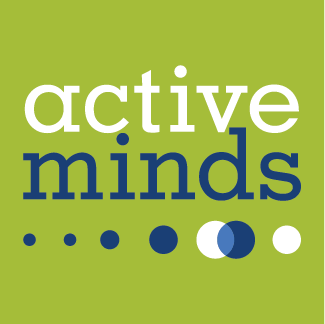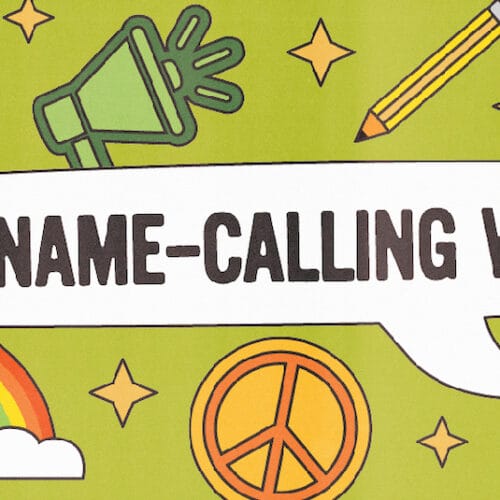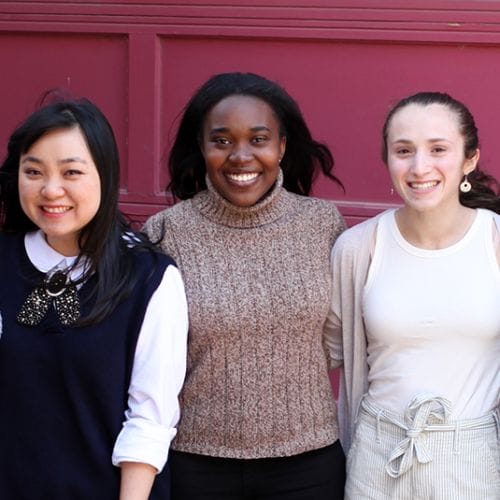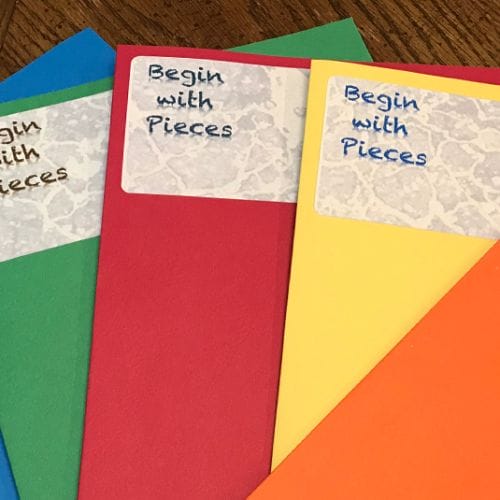“Sticks and stones may break my bones but words will never hurt me.” A common phrase often used to imply that the words people say to us don’t, or shouldn’t, have an impact on us. But let’s be honest: especially when it comes to the impact of bullying on mental health, we know that this is far from true.
We all have a voice in our head whispering encouragement, doubt, or everything in between. For some, this self-talk might be more positive where the whispers are: “We got this!” “You’re awesome!”. For others, this self-talk might be more negative with the whispers focused on doubt and even calling ourselves names at times. The point is we have this self-talk, whether we admit it or not. Often, that self-talk is born out of what others say to or about us. For example, if I am told by my family and friends that I am smart, capable, and amazing, then my self-talk might be more positive. However, if I regularly hear about how I am lazy, stupid, or bad, then my self-talk will likely reflect that. While not the only factor, self-talk plays a key role in our mental health, and when we suffer from negative self-talk our well-being will deteriorate as well.
But what if it is more than adjectives describing me? What if the identities I have are weaponized against me? Too often this is the lived experience of youth who identify as lesbian, gay, bisexual, transgender, or questioning/queer (LGBTQ+). Often LGBTQ+ youth are bullied for their sexual or gender identities — they are met with name-calling for simply being their authentic selves.
This week is No Name-Calling Week, which centers the impact words have on our mental health. 52% of LGBTQ+ middle and high school-aged youth reported experiencing bullying and verbal harassment. The impact of this consistent bullying and lack of a safe, affirming space on mental health is real, including possibly being one reason why LGBTQ+ youth report higher rates of depression, anxiety, and suicidality.
Bullying happens from elementary to high school, and beyond — and I imagine we can all resonate with the shared experience of being made to feel othered or less than for something about us. But let me remind you of your power: to students and to school staff, you have the ability to change this! You play a part in creating the environment and culture of your school.
To get started, consider learning about different cultures and how microaggressions can be incredibly harmful experiences. Use the CALM Microaggression Repair Tool, a digital tool to help individuals who perpetrated a microaggression learn from the process with the intention of doing better. CALM is a simple and powerful guide to repair and maintain relationships focused on eliminating the use of microaggressions. And really, there’s no better time than No Name-Calling Week to learn an important skill like microaggression repair.
On the other end, if you are a student experiencing bullying and/or microaggressions and need support, consider the following:
- Ask for Help: Many of us were told as children not to tattle on the playground. However, bullying impacts mental health and often does not end by itself. Consider asking a trusted, caring adult or school staff person to help.
- Take Care of You: Being bullied — especially for being who you are — can take an intense mental toll. Find ways to stay calm, relax, and find a safe, affirmative space. For example: listening to music, finding a support group, walking, meditating, talking it out, journaling, and so much more.
- Safety in Numbers: If possible, explore using a buddy system when navigating your day to lessen the chance of being bullied.
Although there are things we can do to take care of ourselves, it does not change that the bullying behavior needs to and should be addressed. No Name-Calling Week is just one example of how we can work to change school cultures so anyone and everyone can be their full, vibrant self. Other action items to change school mental health culture and lessen the impact of bullying include:
- Host an Active Minds Speaker: Active Minds has incredible speakers who can share their stories on mental health and bullying. These educational and empathic experiences can help change hearts and minds, while increasing knowledge.
- Facilitate the Peer-Powered Mental Health Curriculum for High Schools: Providing opportunities for youth to lead conversations about mental health will help create a school culture where students have the language to understand the impacts of mental health and the knowledge of how to create resources to support their own or their peers’ mental health.
- Source Diversity Workshop for Students: We all need to learn and grow. Diversity workshops for students can help them understand the impact of their words and how to do better.
- Start an Active Minds Chapter: Create an Active Minds student-led chapter at your school to create campaigns, hold events, or provide educational presentations. The possibilities are endless but the impact of starting a conversation around mental health at your school can be a catalyst in changing the culture!







